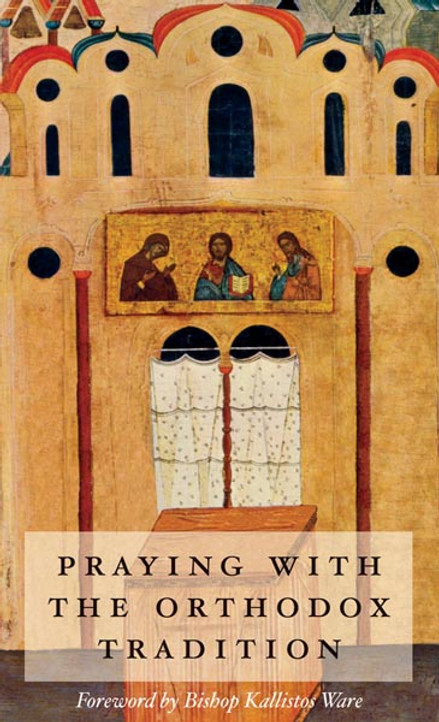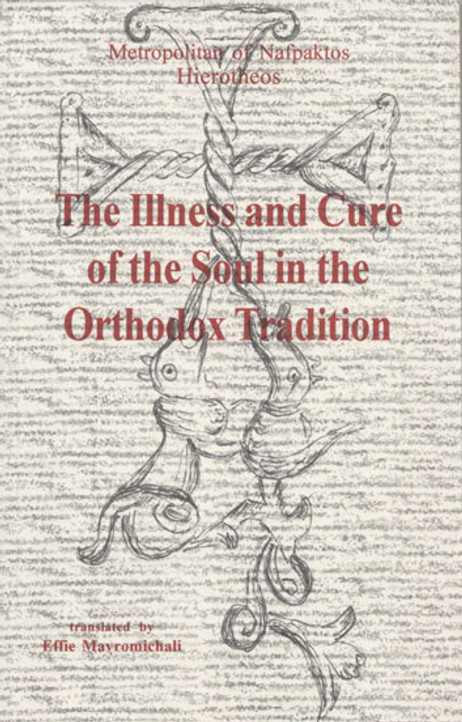At the beginning of the book it is made clear that the person-hypostasis, as it is presented in Orthodox tradition and teaching, is very different from the analyses made by psychology and philosophy, because this is above all a theological subject. The Holy Fathers rejected the views of the philosophers and the methodology which they used, and spoke about the personal God who is Person par excellence. Reference is made to the theory and theology of the Holy Trinity, in accordance with which the Persons of the Holy Trinity have a unity of nature and distinct characteristics. The complete theology of the mystery of the Holy Trinity is set out with the reasoning behind it, but without dialectic and arguments based on logic, because God is experience and the subject of revelation.
It is a fundamental mistake to confuse the theology of the Trinity with anthropology and sociology, and it is wrong for us to identify our own interpersonal relationships with the way of being of the Persons of the Holy Trinity.
The chapter “The Saints, Bearers of Divine Revelation” stresses that it is impossible for us to understand the person apart from the persons of the Saints, who are the bearers of divine revelation, because they lived it “in sense perception and full reality” and attained deification, which is to say, they became true persons. This chapter also covers the theology and pastoral care of holy relics, which demonstrate the reality of triumph over death.
A particularly significant chapter is “The Morality of Freedom and the Freedom of Morality”, which deals with the relativity of human freedom, and the two wills: natural will and the will based on opinion. We read about the freedom of the Saints. In the Saints, who are true persons, we encounter love and freedom in co-existence. They really love God, and their freedom naturally moves towards God. Inspired by God’s grace they are freed from the reign of death.
Reading about “Foolishness for Christ as a Life of Freedom” and what fools for Christ are, we become aware that the whole Christian life, without doing away with reason and the senses, moves beyond them and is a life which consists of foolishness for Christ.
We must grasp the basic fact that the person cannot be understood apart from Christlike asceticism, which is closely connected with the sacraments of the Church. Using the hesychastic method of the Church, the person attempts to free his nous from the tyranny of the passions and logic. Through watchfulness and all his ascetic effort to purify his heart, he attains true freedom and love. Because God is Person this means that the man becomes a person when he is united with God. Then he acquires inner fullness, for “the person does not know loneliness”, lives in peace and even overcomes death.






